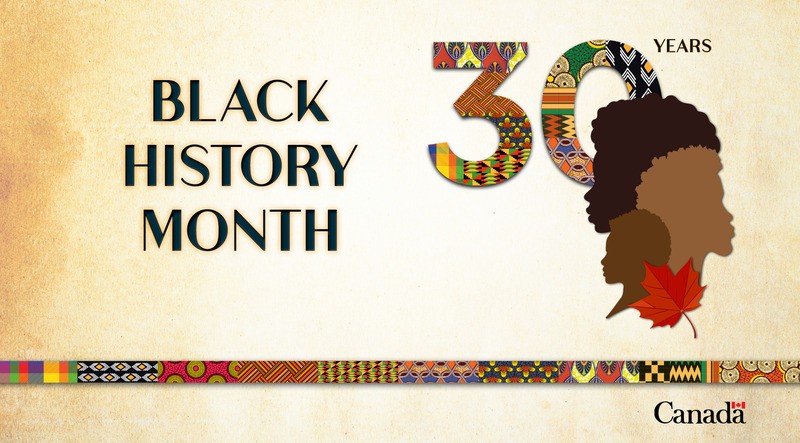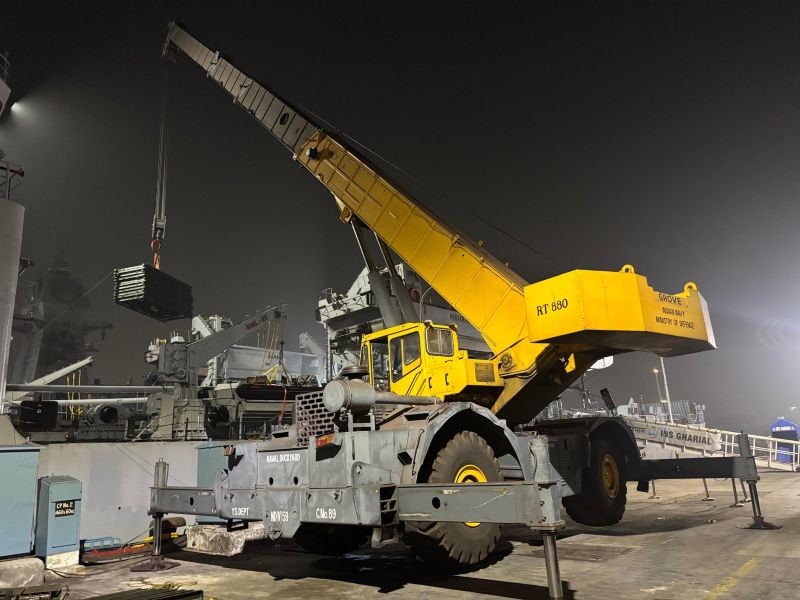De-dollarisation not on India's agenda; derisking domestic trade is: RBI Governor Shaktikanta Das
Mumbai: India has not initiated any steps towards de-dollarisation and is solely focused on mitigating risks to domestic trade from geopolitical uncertainties, Reserve Bank of India (RBI) Governor Shaktikanta Das clarified on Friday, media reports said.
According to a Moneycontrol report, responding to questions about U.S. President-elect Donald Trump's recent threat to impose 100 percent tariffs on goods from BRICS nations, including India, if efforts are made to undermine the U.S. dollar’s status as the world’s reserve currency, Das said, "So far as India has concerned, there are no steps that India has taken which specifically wants to de-dollarise.
“All that we have done is that we have permitted opening of VOSTRO accounts and we have entered into agreements with two countries by now to do local-currency denominated trade. That is basically to de-risk Indian trade, dependence on one currency can be problematic due to appreciation or depreciation."
He emphasized that de-dollarisation is not part of India’s agenda.
Trump had earlier posted on the social media platform Truth Social on November 30, demanding a commitment from BRICS nations to refrain from creating or supporting any currency to replace the U.S. dollar.
He warned, "They will face 100-percent tariffs, and should expect to say goodbye to selling into the wonderful US Economy."
The BRICS bloc, comprising Brazil, Russia, India, China, and South Africa, is set to expand to include Egypt, Ethiopia, Iran, Saudi Arabia, and the UAE from January 1, 2025.
Trump’s reaction appeared to stem from a BRICS meeting in Russia’s Kazan in October, where member nations endorsed the use of local currencies for trade.
However, while Russia has floated the idea of a BRICS currency, President Vladimir Putin has called it a long-term prospect rather than an immediate goal.
Das reiterated that no decision had been made on a separate BRICS currency and highlighted the logistical challenges involved.
Unlike the geographically contiguous Eurozone, BRICS nations are spread across different continents, making a unified currency complex to implement.
India, however, has been proactive in promoting local currency trade to address global trade disruptions caused by sanctions and a shortage of U.S. dollar reserves in some countries.
Following the RBI’s introduction of a rupee-settlement mechanism in July 2022, India began exploring this system with Russia, particularly after sanctions were imposed on Moscow in the wake of its invasion of Ukraine in February that year.
Earlier in the day, the RBI kept the repo rate steady at 6.5 percent for the eleventh consecutive time but reduced the cash reserve ratio by 50 basis points to 4 percent.
IBNS
Senior Staff Reporter at Northeast Herald, covering news from Tripura and Northeast India.
Related Articles

CRR cut, AI ethics push, and SORR benchmark: Experts hail RBI’s pragmatic policy moves
Mumbai: The Reserve Bank of India (RBI) has kept the repo rate unchanged at 6.5% while the cash reserve ratio (CRR) has been slashed by 50 basis points to 4 percent, media reports said.

JP Morgan gives 'overweight' rating to Adani Group bonds
Mumbai: US investment bank JP Morgan has assigned an 'overweight' rating to four bonds issued by the Adani Group, citing the group's capacity to scale and grow through internal cash flows, which reduces the likelihood of credit stress.

LG Electronics files DRPH with SEBI; IPO size expected to be over RS 15,000 cr
Mumbai: South Korean electronics giant LG Electronics has filed a draft red herring prospectus (DRHP) with the Securities and Exchange Board of India (SEBI) on Friday for the proposed public listing of its Indian business, according to a notification on the Bombay Stock Exchange (BSE).

Vodafone Idea to consider Rs 2,000 crore equity raise on December 9, eyes tariff adjustments
Mumbai: Vodafone Idea announced it will consider raising up to Rs 2,000 crore through a preferential equity issuance to a promoter entity during a board meeting scheduled for Monday, December 9, media reports said.
Latest News

Canada marks 30th Black History Month as Carney highlights support for Black communities

Three Bangladeshi nationals, two Indian touts arrested in Kailashahar for illegal entry

Spain horror: Woman allegedly slices partner’s penis, then stabs him to death

Operation Sagar Bandhu boost: India sends 10 bridges to rebuild Sri Lanka

